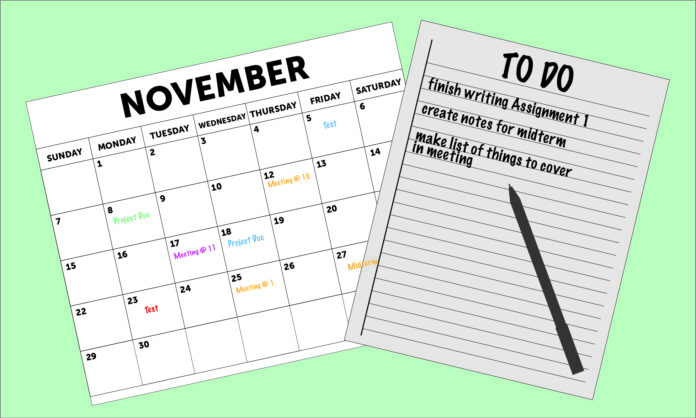Student athletes are known to have particularly busy schedules, and Charissa Virr is no exception.
Virr is currently in her second year of French studies at the University of Waterloo. She is also a new recruit playing on the Warriors women’s basketball team this season.
As a student athlete, in addition to having a full course load, Virr trains between 12 and 18 hours a week. She typically does strength training exercises two to three times a week and has two hours of team practice every night. She also plays basketball games, in addition to attending team meetings and what are known as scouts or film sessions — where a game is analyzed in detail in order to learn another team’s strengths and weaknesses as well as what can be improved as an athlete.
According to Virr, managing sports with academics is, more often than not, a balancing act. She noted that time is a valuable commodity — something she never seems to have enough of.
“Obviously, academics and basketball have the highest priority for me and so that often means missing out on social engagements or not having as much downtime in order to finish an assignment or go to practice.”
Virr also mentioned that time management is an extremely important skill to have in order to function successfully as a student athlete and stressed that planning ahead is an important part of her routine.
“I write out at the beginning of my semester when I have tests, projects or assignments due, as well as my practice and game schedule, so that I know ahead of time what weeks are going to be busier than others. Then I can try to work ahead or just simply mentally prepare for the busyness of that week and not schedule any unnecessary social activities or events,” Virr said.
Virr also said she makes lists of activities ahead of time in order to stay on track with her academics.
“I make a realistic list at the beginning of each week of the schoolwork I need to get done. I then make a rough schedule of what needs to be completed each day while leaving enough time for not just practice, lifts and games but also for recovery and meal prep. Having these times set aside in advance really helps.”
Virr admitted that the hardest part about balancing sports and academics is getting enough sleep.
“Even though sleep is extremely important, it is often hard to get a healthy amount of sleep every night with such a busy schedule. It is definitely something I am still working on and trying to achieve,” Virr said.
Virr added that her coach and professors are very supportive. Virr also said she feels supported by her teammates, knowing that they are going through similar stressful and overwhelming times.
“Our coach asks us to complete wellness surveys after every practice that get us to rate our levels of stress, fatigue, muscle soreness as well as our mood and sleep quality,” Virr said.
Virr mentioned that although she tries not to ask for extensions on assignments, sometimes it’s necessary to do so.
“Sometimes it can be too much to get assignments in on time and so asking politely and professionally for an extension is the only thing you can do. I think if you are in good standing with your professors they are more likely to grant you an extension.”
Virr also mentioned that she has no qualms about using some of UW’s student resources when needed.
“I have used the writing centre for help with papers as well as tutoring resources for various classes. These resources are helpful in regards to prioritizing areas that are weaker in my academics,” Virr said.
Although her downtime is limited as a student athlete, Virr said she does make it a priority to relax whenever possible.
“Often I use my downtime as a reward for finishing a certain amount of schoolwork or if I am feeling tired, I reward myself with a nap.”
































